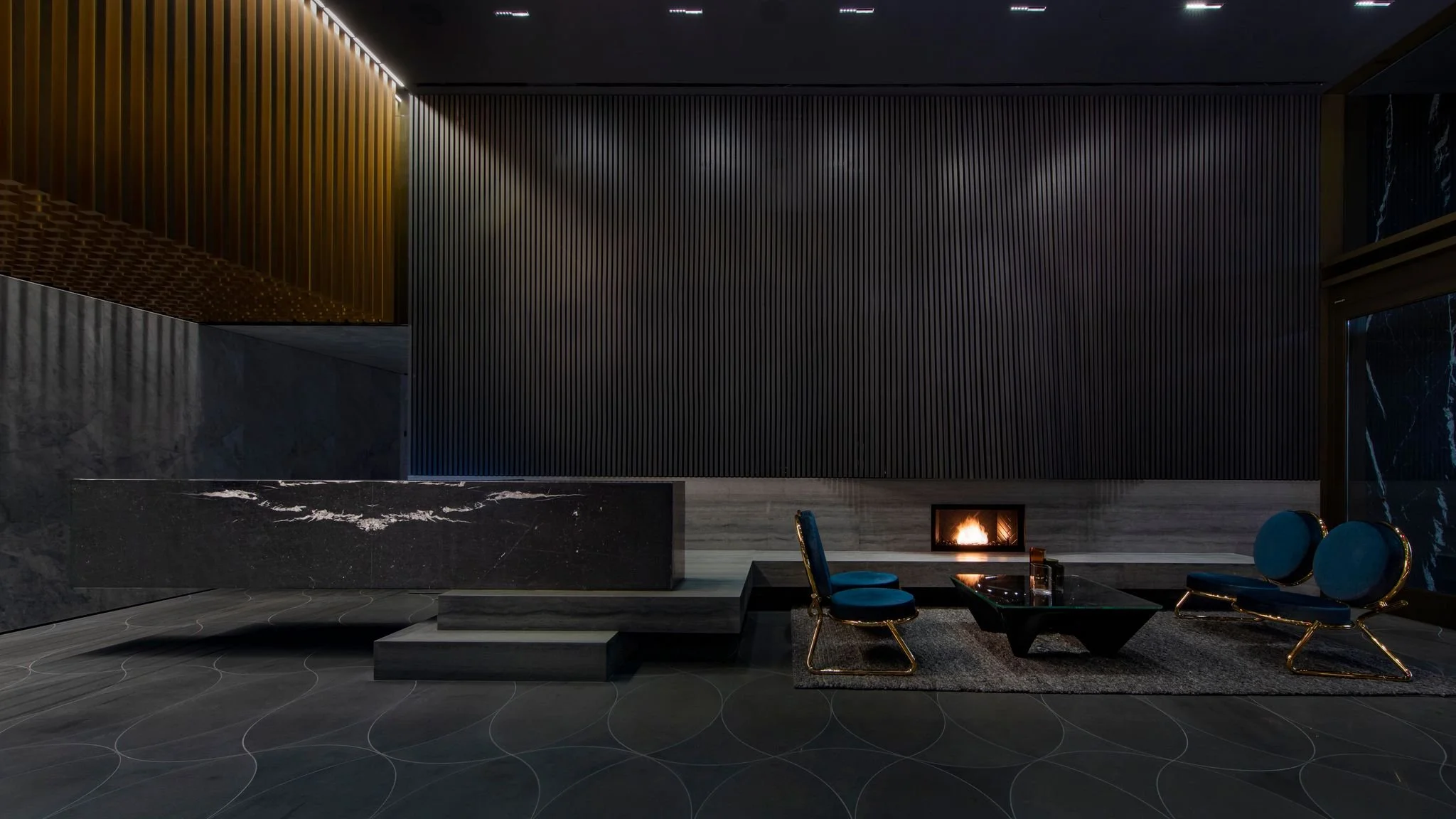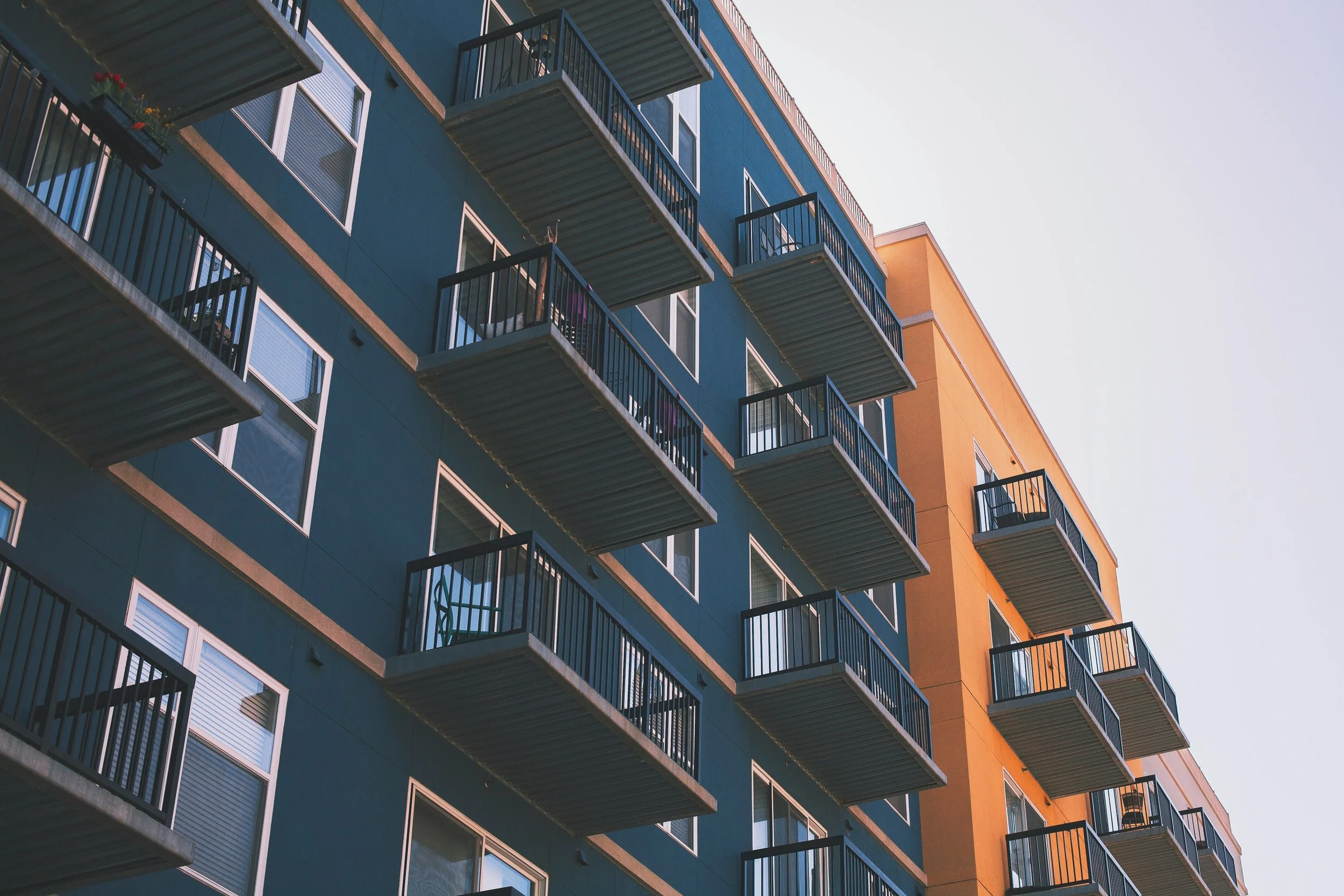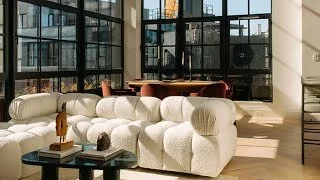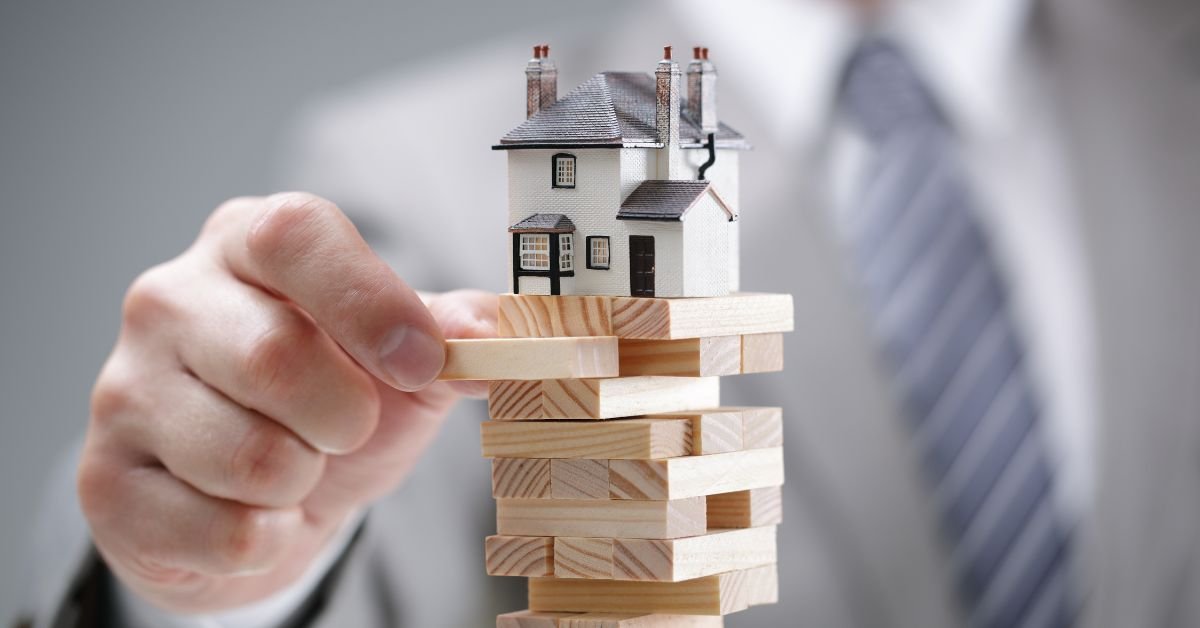How to Choose the Right Engineered Hardwood for Your Project
The perfect flooring can make all the difference to your project’s success. A luxurious, well-maintained wooden floor ties together an interior and provides a timeless look that adds value to any space. However, when selecting the right engineered hardwood for your project, you want to ensure that quality is not compromised for style or cost.
Before deciding on your preferred material, use this guide to understand what differentiates each type of engineered hardwood flooring available on the market today, from its construction to installation options and the cost of engineered hardwood being installed. Read on!
What Is Engineered Hardwood and Why Is It Popular for Home Projects?
Engineered hardwood is a type of flooring that has gained immense popularity in home projects owing to its unique blend of durability, affordability, and attractiveness. Unlike traditional hardwood, engineered hardwood is made by bonding several layers of wood and a top layer of hardwood veneer, giving it superior stability and resilience in areas with high moisture levels, such as basements and kitchens.
Engineered hardwood is also incredibly versatile, as it comes in various styles, textures, and colors, allowing homeowners to choose the perfect flooring to suit their tastes and preferences. Its popularity also stems from its ease of installation and maintenance, making it an ideal flooring option for DIYers and those who want to revamp their homes without breaking the bank.
Types of Engineered Hardwood - Differences Between Solid, Engineered, and Laminate
There are a few different types to choose from when it comes to hardwood flooring, including solid hardwood, engineered hardwood, and laminate flooring. Solid hardwood flooring is made from a single piece of wood, while engineered hardwood comprises multiple layers of wood that are glued together. On the other hand, laminate flooring is made from a fiberboard core with a printed image of wood on the top layer.
While solid hardwood offers a traditional look you can sand and refinish, engineered hardwood provides more durability and resistance to moisture. Laminate flooring is a cost-effective option for those looking for the look of hardwood without maintenance. Consider your lifestyle, budget, and aesthetic preferences when deciding between these options.
Understanding Different Levels of Hardness and How to Choose the Best One for Your Needs
When choosing engineered hardwood flooring, the hardness level is also an essential factor to consider. Hardness is measured on the Janka scale, which rates the resistance of wood to indentation. The higher the Janka rating, the more resistant the wood is to wear and tear.
Different areas of your home or office will have varying levels of foot traffic, and choosing an appropriate hardness level can ensure that your engineered hardwood flooring lasts for years. For example, high-traffic areas such as entryways and hallways would benefit from a more complicated wood with a higher Janka rating. In contrast, lower-traffic areas such as bedrooms could use a softer wood.
Moreover, the hardness of your engineered hardwood can also affect its resistance to scratches and dents. Consider a higher Janka rating to prevent damage if you have pets or children or your flooring is in a commercial setting.
Choosing the Right Colored Hardwood for Your Project
The color of your engineered hardwood can significantly impact the overall aesthetic of your space. Lighter shades of wood can create a sense of airiness and spaciousness, while darker tones can create a warm, inviting atmosphere. Choosing a color that complements your furniture and decor can tie together the design elements of your space and create a cohesive look.
Moreover, the color of your engineered hardwood can also affect the perceived value of your property. Specific colors and finishes can give the impression of luxury and elegance, adding value to your home or office. By choosing the right color and finish for your engineered hardwood, you can create a stylish and sophisticated space.
Benefits of Using Engineered Hardwood in Various Home Improvement Applications
If you're considering a home improvement project and looking for flooring options, engineered hardwood might be a good choice. Unlike traditional hardwood, engineered hardwood comprises several layers of wood, creating a more durable and stable product.
This means it’s less likely to warp or expand in humid environments. Additionally, engineered hardwood is versatile and can be used in various applications, such as living rooms, bedrooms, and even kitchens. To top it off, engineered hardwood is also extremely easy to clean and can last for years with proper maintenance, making it an excellent investment for your home.
Tips for Installation and Maintenance of Engineered Hardwood Floors
Installing and maintaining engineered hardwood floors can be tricky, but it can be a piece of cake with the right tips. Firstly, make sure to acclimate your boards by storing them in the room they are being installed in for at least 48 hours. This will allow them to adjust to the temperature and humidity of the room, preventing warping or buckling later on.
Next, use the correct adhesive and underlayment for your subfloor type. Stagger the boards in a random pattern during installation for a more natural look. Once installed, regular maintenance includes sweeping or vacuuming with a soft-bristle attachment and wiping up spills immediately to prevent water damage.
Additionally, consider applying a protective sealant to prolong the life of your floors. Following these simple tips, your engineered hardwood floors will look beautiful for years.
In conclusion, engineered hardwood is an excellent choice for any project. It is versatile, durable, and beautiful – all qualities that make it the perfect choice for any home improvement application. By understanding all these components, you can make an informed decision when choosing the right engineered hardwood for your project. Finally, proper installation and regular maintenance will help ensure that your engineered hardwood floors last for years!









